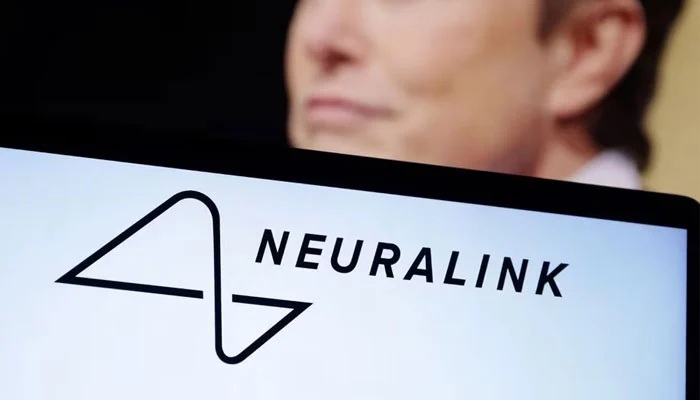Elon Musk’s brain implant venture, Neuralink, is poised for its inaugural clinical trial, generating immense interest as thousands eagerly volunteer for the cutting-edge procedure.
In a recent report by Ashlee Vance, one of Elon Musk’s biographers, the startup is actively seeking a willing participant for a groundbreaking medical endeavour involving the insertion of electrodes and ultra-thin wires into the brain after removing a portion of the skull.
The implant, designed to replace the extracted skull segment, is engineered to read and analyze brain activity, wirelessly transmitting this information to a nearby laptop or tablet. The primary target demographic for the trial is adults under 40 years of age experiencing paralysis in all four limbs.
Neuralink’s vision extends far beyond mere medical applications. The company aspires to enable individuals to translate their thoughts into comprehensible computer commands, essentially creating human-machine hybrids. These hybrids could potentially download knowledge or upload thoughts into storage, fostering a new frontier in human cognition.
Despite the lofty aspirations, Neuralink faces challenges in finding its inaugural volunteer, emphasising the meticulous nature of brain surgery and the necessity for perfection in testing.
While the startup aims to conduct procedures on 11 individuals next year, with an ambitious target of 22,000 by 2030, other companies like Synchron and Onward have a head start in human trials for brain implants and related technologies.
As the world witnesses the surge of interest with thousands lining up for the Neuralink chip, the transformative potential of this revolutionary technology in shaping the future of human-machine interaction remains a focal point of anticipation and scrutiny.







